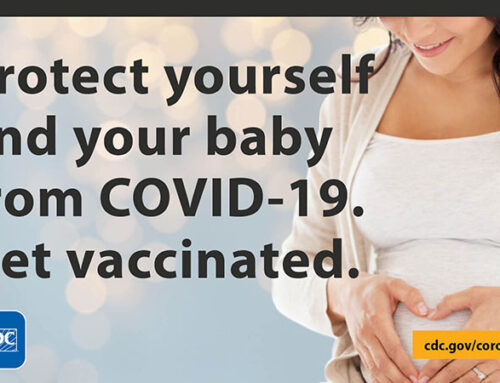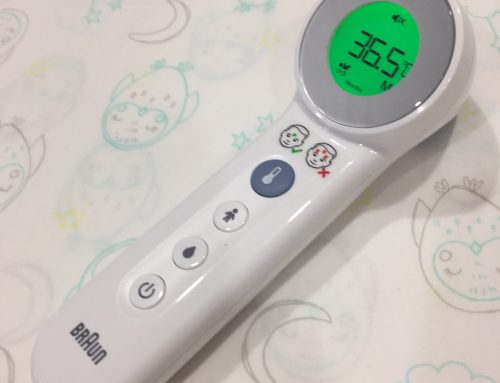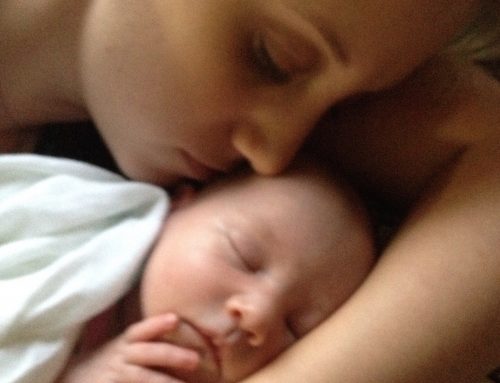The Disease:
Invasive meningococcal disease (IMD) is a really nasty disease and is the leading cause of meningitis and septicaemia globally. It tends to affect the under 5 year age group (with another peak in adolescence) and particularly attacks infants. The incidence in the under 1 year olds is 14 cases per 100,000 population and 5.8% of these babies die. Not only that, in the survivors over a third of them have long term effects, either brain damage or even amputation of limbs. Though often occurring in epidemics, there is always an incidence of the disease lurking in the background.
The vaccines
The present vaccine available on the schedule is very effective against the serotype C and the incidence of disease from that has fallen to very low levels since its introduction in 2003 (45 disease notifications in NSW in 2003, down to 2 in 2012). Serotype B (MenB) however remains at about 45 notifications a year.
Bexsero® is a recombinant (i.e. manufactured, no live components) vaccine that contains a number of components that induce antibodies in the recipient that can attack parts of the germ. It appears to be effective against about three quarters of the MenB strains around. It has been tested in clinical trials involving tens of thousands of people of all ages and has been shown to be safe and effective.
It is recommended for:
- Infants and young children particularly those aged less than 2 years old
- Adolescents aged 15 – 19 years
- Anyone whose spleen does not function properly or who has had their spleen removed surgically, and those with complement component disorders (a specific immune deficiency).
- Laboratory staff dealing with meningococcal specimens
Dosage
It can given at the same time as other vaccines but at a different site. It can be started as early as 6 weeks of age (to fit in with the present schedule) but is usually given in three doses at 2, 4 and 12 months.
Side effects
Following administration, in babies up to one year of age fevers and injection site reactions are fairly common. It is therefore recommended to use prophylactic paracetamol (15mg/kg/dose), given about half an hour before the injection and followed by further doses as needed. The fever seems to be more common when the vaccine is given at the same time as the other vaccines. So separating it from the other vaccines in the schedule seems to be a good idea.
Summary
The incidence of MenB disease at present is the same as MenC in 2003 when its vaccine was introduced. That vaccine was very effective and reduced the incidence of MenC to very low levels. There is no reason to suppose that the same will not happen to this even more common serotype.
Unfortunately the vaccine is not yet free, but whatever the cost (in the UK it was about 75 pounds until it was approved on the NHS) it is worth it for your baby.
Postscript:
Just checked availability: It is distributed in NSW by Team Medical Supplies (https://www.teammed.com.au) phone 1 300 224 450. They have ample supplies available. It costs $110 per dose (baby needs three).
I’ll add this information to the blog too. Get your GP write a script and the pharmacy (or the GP) can order it.











Dear Dr Chilton,
Congratulations on your recent book launch. Baby on Board is our bible so no doubt the next book will be too!
My 4 month old son had his immunisations last week as per the schedule and I asked my GP about the MenB vaccine. She was quick to say it was overkill with so few cases and if her daughters were to ask her if her grandchildren should have it done, she would say no. It left me in a difficult situation where, albeit rare, I know it’s out there and I can protect my child against it. Would you recommend I go to another GP for a second opinion or persevere with my regular GP to get it done? Do you know why it’s not on the schedule yet when (surprisingly) the NHS are happy to cover it in the UK?
Thanks in advance!
Hi Cherise,
The vaccine has only been released into Australia (after vetting by the TGA) for a few months. It’s been out in the UK and USA for much longer – hence why it’s on the schedule there. It will be on the schedule in Oz probably in a year or so when the government bites the bullet. In truth, there were 50 cases of MenB in NSW last year – which doesn’t sound many (unless it’s your child) but it’s the same number of MenC around when they introduced that vaccine a few years ago. I don’t know what you do about your GP but she sounds a caring lady and maybe asking her again would be fair.
Hi Dr Chilton, Is it possible for children to be immunised against Meningococcal strains A, W135, and Y in Australia?
We have done the B and C shots.
Thanks
Yes it is but other than the C strain they have to be privately funded. There is a program to vaccinate 11 + year olds to the AWY strains: see this publication:http://www.ncirs.edu.au/assets/provider_resources/fact-sheets/meningococcal-vaccines-fact-sheet.pdf